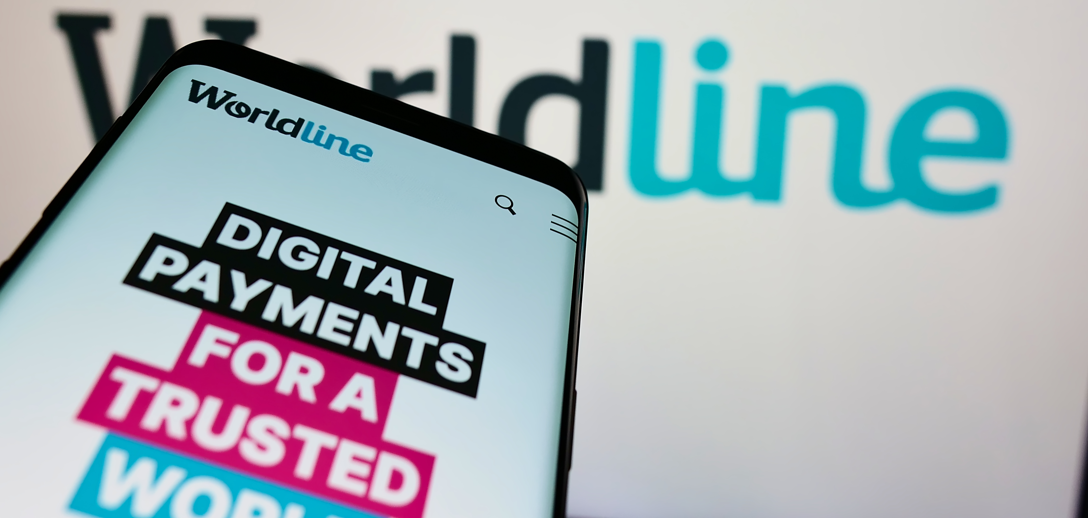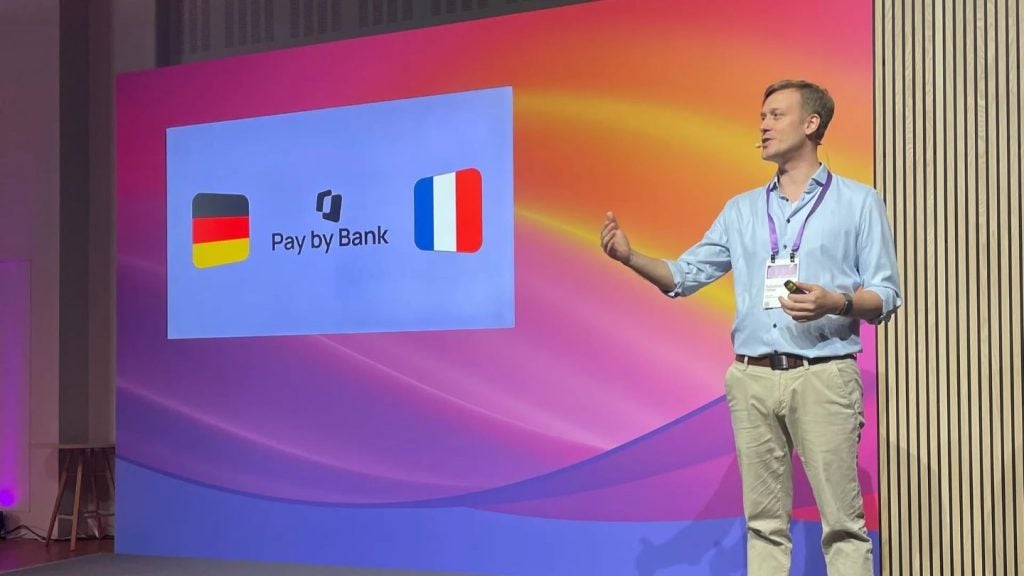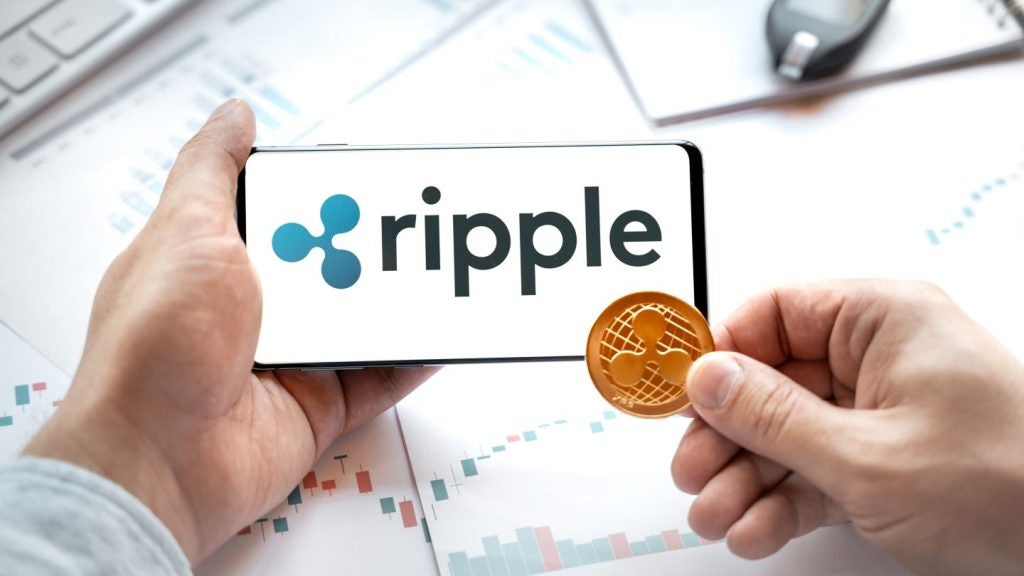
Worldline’s Trusted Authentication solution has officially been certified by the FIDO Alliance. Worldline says that the
certification is clear evidence of how its active online identification strategy promotes strong authentication, interoperability and the use of biometrics.
The FIDO Alliance is a global open industry association. It aims to reduce the world’s over-reliance on passwords by creating authentication standards. FIDO certifications are a guarantee of quality and security.
Worldline’s FIDO-certified Trusted Authentication offering is a password-free web-based authentication solution that is suitable for all markets. The solution combines FIDO authenticators and Worldline’s back-end server. This collaboration ensures strong customer authentication for online banking use cases, 3DS payments, digital identity, and delegated authentication to retailers.
Important benefits for businesses and consumers
Using Worldline’s Trusted Authentication on FIDO provides numerous benefits for organisations that want to enhance their online security. And improve the authentication experience for their customers
Improved security. By using cryptographic keys instead of passwords, the FIDO-certified server provides an extra layer of protection against attacks such as phishing, account takeover, and other types of online fraud.

US Tariffs are shifting - will you react or anticipate?
Don’t let policy changes catch you off guard. Stay proactive with real-time data and expert analysis.
By GlobalDataInteroperability. A seamless and consistent authentication experience across different devices and services is guaranteed. This results from interoperability among a wide range of FIDO-compliant devices and platforms, including smartphones, tablets and laptops.
User convenience. The authentication process is more convenient and user-friendly. Users are not required to remember complex passwords or carry physical authentication devices. Instead, they can authenticate using biometrics such as fingerprints, facial recognition, or by using a hardware token such as a USB key.
Cost savings. Organisations can save money on password-related support costs, such as password resets and account lockouts. In addition, the risk of data breaches and additional costs such as regulatory fines, legal fees, and damage to reputation, is reduced.
FIDO ecosystem: vital to widespread adoption of interoperable, strong authentication
Andrew Shikiar, executive director and CMO of the FIDO Alliance said: “By achieving FIDO certification, Worldline is showing its dedication to the vision of industry standards for strong authentication. They join a powerful FIDO ecosystem vital to widespread adoption of interoperable, strong authentication that simplifies the user experience while raising security and privacy at the same time.”
Tanguy Epale, Head of Digital Services at Worldline Financial Services added: “The FIDO solution helps to combat financial exclusion by offering an alternative to non-smartphone-based authentication. Moreover, the FIDO certification guarantees that our authentication solution is adaptable with other certified devices and services, providing a consistent user experience. It also ensures the solution’s commitment to rigorous security standards, helping to build user confidence in the protection of their personal data.”







